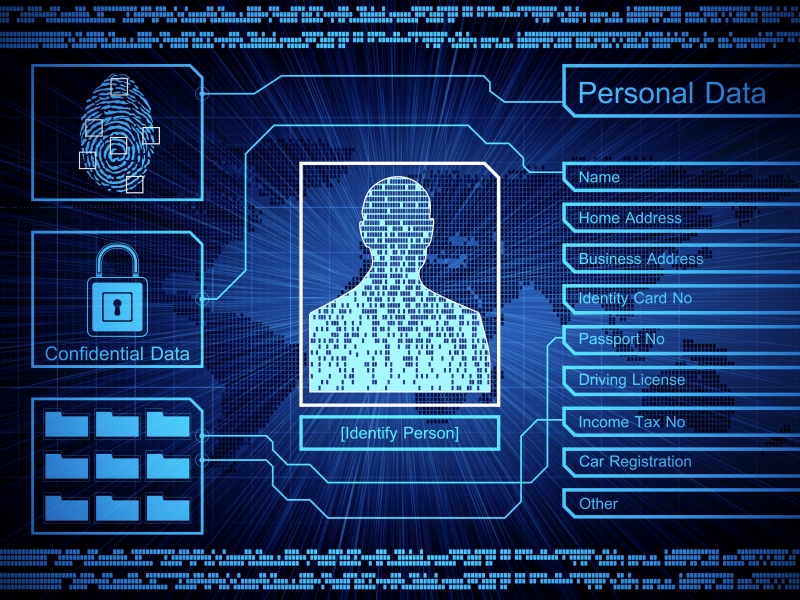
En la actualidad, los modelos analíticos son herramientas esenciales para tomar decisiones basadas en datos. Desde prever tendencias hasta optimizar operaciones, los modelos analíticos dependen en gran medida de la calidad de los datos de entrada. La precisión, integridad y relevancia de estos datos son cruciales para obtener resultados confiables




